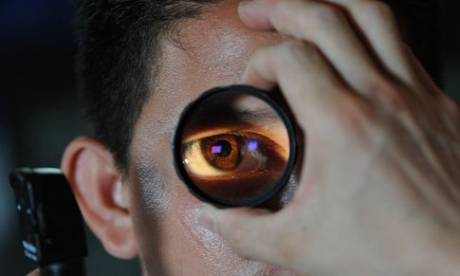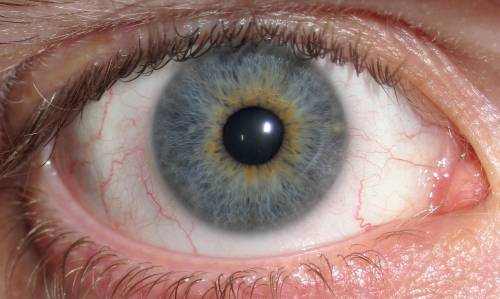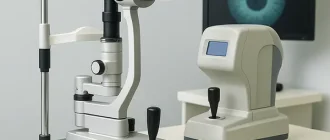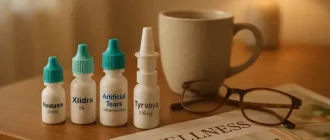Many individuals in today’s fast-paced society often experience a lack of sleep. This can be attributed to various factors such as stress, work, or difficulty in falling asleep. The effects of sleep deprivation can be extensive and one noticeable consequence is the dilation of pupils. However, it is worth exploring whether sleep deprivation genuinely leads to pupil dilation.
Understanding Pupil Dilation
Prior to delving into the connection between insufficient sleep and expanded pupils, it is crucial to comprehend the precise nature of pupil dilation. The pupil, which is a circular black aperture positioned at the center of the eye, is influenced by the muscles of the iris. These muscles adjust their size in reaction to fluctuations in light to manage the quantity of light that enters the eye.
In normal conditions, a well-rested individual will have their pupils constrict (become smaller) in response to bright light and expand (become larger) in dim lighting. This process is involuntary and occurs as part of the body’s natural response to varying light conditions.
Exploring the Connection
While there isn’t a direct correlation between lack of sleep and dilated pupils, sleep deprivation can have secondary effects on pupil size. When you don’t get enough sleep, your body undergoes various physiological changes, one of which is an increase in sympathetic nervous system activity. This increased activity can cause a release of adrenaline and other stress hormones.
The release of adrenaline can lead to several symptoms commonly associated with sleep deprivation, including increased heart rate, heightened alertness, and even anxiety. Interestingly, these effects can also include pupil dilation. Adrenaline stimulates the dilator muscles in the iris, causing the pupils to expand.
Other Factors at Play
It is important to mention that pupil dilation can be caused by factors other than sleep deprivation. For example, medications such as certain anti-depressants, stimulants, or eye drops used during an eye examination can temporarily dilate the pupils. Moreover, drug use, including substances like cocaine or amphetamines, can also lead to dilated pupils.
Conclusion
Although there may not be a direct link between insufficient sleep and enlarged pupils, the lack of sleep can lead to the secretion of stress hormones like adrenaline, which can indirectly result in pupil dilation. It is important to take into account other factors that can also cause dilated pupils, including the use of medications or drugs.
If you frequently experience dilated pupils or have concerns about your eye health, it’s always best to consult with a medical professional who can provide a proper diagnosis. Remember, prioritizing a good night’s sleep and practicing healthy sleep habits should be an important part of your overall well-being.






